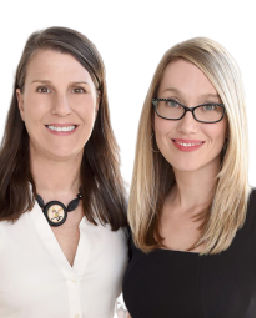Release time: 2020-03-15 12:38
Surviving a Coronavirus, Only to Be Socially Shunned.
Lessons from the frightening days of MERS.
To understand how rapidly coronaviruses like COVID-19 can spread – and how to best control them — epidemiologists use data from past diseases. To understand and plan for the long term negative social consequences of epidemics, we can use the same approach.
Middle Eastern Respiratory Syndrome (MERS), an extremely deadly coronavirus, was first identified in Saudi Arabia in 2012. Like COV-19 it leads to respiratory failures, and is especially deadly for older and immunocompromised people.
In June 2015, a serious outbreak of MERS happened in a hospital in Riyadh. It took several months to control it, and once the emergency room became a focus of transmission the hospital was shut down and evacuated. Many front-line health care workers were infected, but the good news was that all survived.
In the wake of that incident, social scientists asked those health care providers who recovered from MERS to reflect on their experiences. All had survived. But their stories tell us a lot about some long-term social complications for hospital staff who get sick, even if they later recover.
Several key findings emerged. To begin, the outbreak lead to panic and fear among hospital employees. Having seen patients die, when they became ill the staff were especially fearful of their own illness – much more so than their patients. Many were certain they would die.
But much later, even after full recovery, many of those who were sick felt a shift in how they were treated. It was as if their colleagues still believed them to be infected somehow. Former work friends would avoid them, pretending not to see them in public. They felt somehow dirty and disgusting. Many had feelings of extreme isolation, even despair; some said their whole sense of meaning and belonging in their work was gone.
An important lesson is that the social injuries of epidemics – fear, rejection, stigma, loss of sense of belonging – last well beyond physical healing. Because of their commitment to caring for patients, our heath professionals are particularly at risk of such long-term complications. The recommendation from that study? Treatment of deadly coronaviruses must include provision of special clinics for post-epidemic counseling of hospital staff and their families.

Alexandra Brewis and Amber Wutich Ph.D.
Diagnosis: Human
Alexandra Brewis, Ph.D., is a professor of anthropology and global health at Arizona State University.
Amber Wutich, Ph.D., is a professor of anthropology and global health at Arizona State University.
Online: Alex Brewis's Website
psychology today